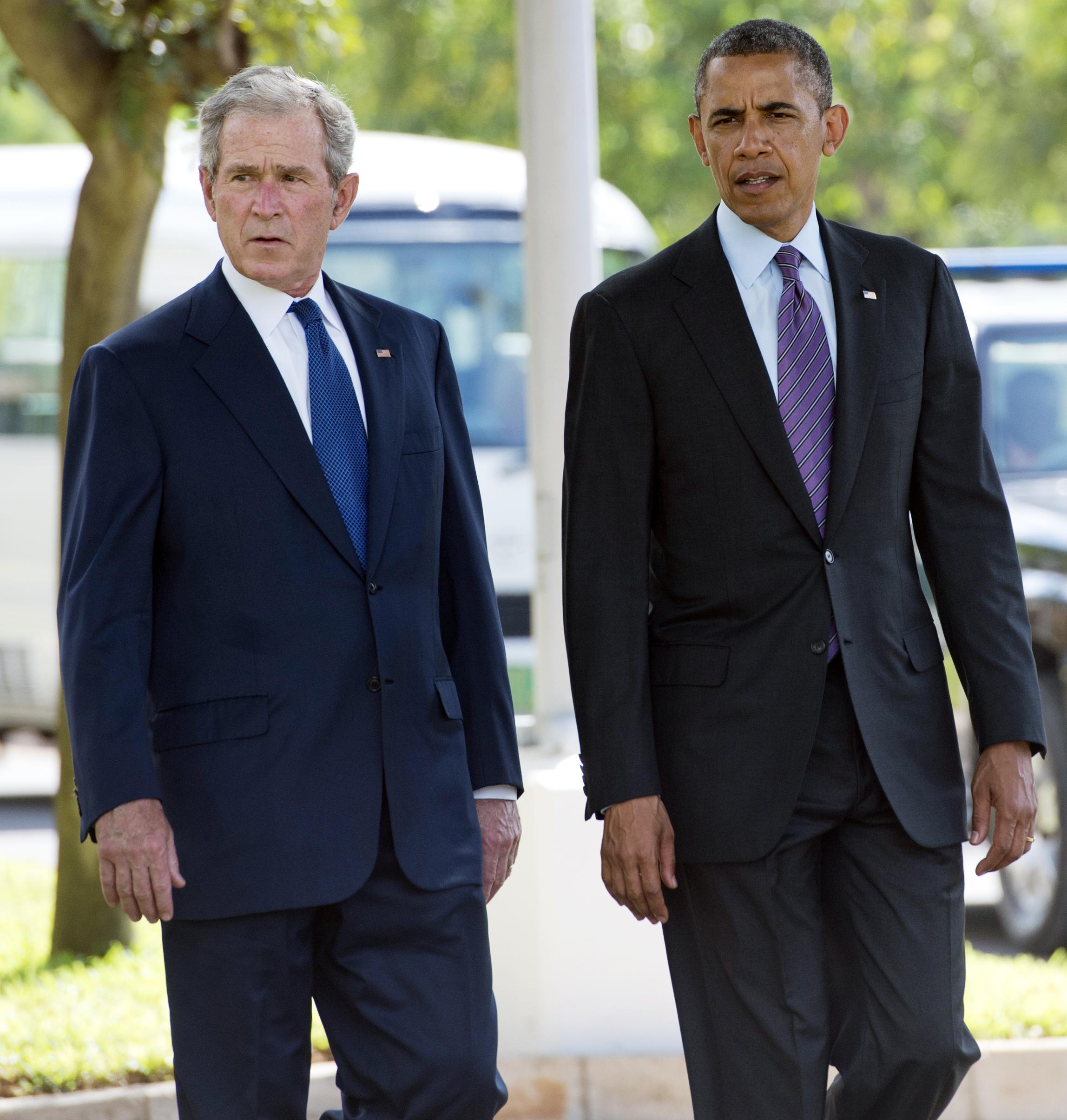One of the few concrete foreign policy suggestions in this year’s State of the Union address is a call for Congress to “show the world that we are united in this mission by passing a resolution to authorize the use of force against ISIL,” using the White House’s preferred acronym for ISIS.
As I wrote in December, the White House is still relying on the Authorization for the Use of Force, or AUMF, against terrorism passed in the days following 9/11 to justify the airstrikes against ISIS in Iraq and Syria. The president acknowledged more than a year and a half ago that the AUMF is long out of date. It’s particularly ill-suited to the fight against ISIS, a group that didn’t exist at the time of 9/11 and is at war with al-Qaida, the group the authorization was designed to combat.
Since the fight against ISIS began, the White House and Congress have been locked in an awkward dance, with both sides saying they want a resolution but neither taking concrete action to make it happen. “It’s a combination of the administration not being confident in whether it can get what it needs out of Congress and therefore not coming to Congress with a draft, and a Congress that isn’t eager to take up an issue that may later come back to bite them,” Rep. Adam Schiff of California told me.
The White House is worried a new resolution would put unwelcome restrictions on the war, such as, if some Democrats get their way, prohibiting “boots on the ground,” or if some Republicans get their way, calling for the targeting of Syrian military forces. And, for now, the current arrangement has worked out fairly well for the White House. It maintains it can rely on the old AUMF for its operations while blaming Congress for the lack of a new one. Members of Congress, meanwhile, can avoid taking ownership of a war in which success is far from guaranteed.
As the L.A. Times reported last week, though, the two sides came closer to an agreement over a new resolution at a recent meeting between Obama and Republican lawmakers at the White House. (Update: In a statement sent to reporters, Sen. Tim Kaine (D-Va.), sponsor of an earlier draft AUMF and one of the most prominent voices in this debate, said he was “disappointed [the president] did not signal an intention to send a draft to Congress for consideration” and that “congress as a whole will be better prepared to act with specific guidance from the administration.”) The question going forward, and one that the sparse language in Tuesday’s address doesn’t answer, is whether any new ISIS authorization will revoke the previous AUMF, which has been interpreted far more broadly than the members of Congress who overwhelmingly supported it in 2001 could have imagined, and has been invoked to justify a decade’s worth of attacks against a wide range of terrorist targets in multiple countries.
Another question that remains unanswered: How narrow will the new authorization be? “We do not think an AUMF should include a geographic limitation,” John Kerry told Congress in December, indicating that the new rules could be just as broad as the old ones.
Obama, a constitutional law professor, probably realizes that using the 2001 authorization against ISIS is legally dubious. The seemingly arcane debate over the new resolution is an important one for Obama’s legacy and the future of presidential power. But until these questions of scope are worked out, the president clearly remains willing to keep taking advantage of the legal framework left to him by his predecessor as he pursues his own war on terror.
